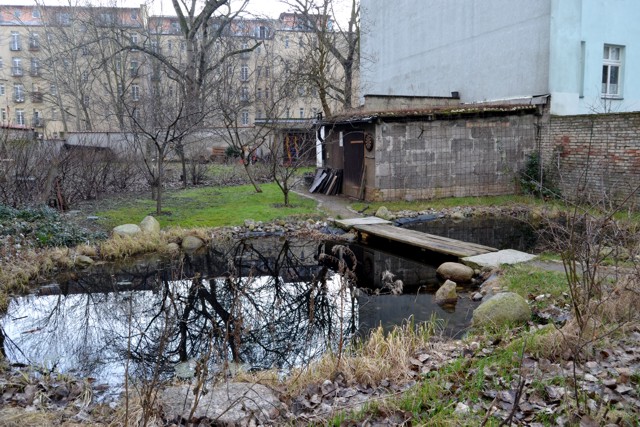Urban Rainwater Harvesting from Niche to Mainstream: Challenges and Opportunities for Planning (UrbanRain)
IRS Research Topic: Spatial Path Development and Institutional Change
Project Leader within IRS: Dr. Timothy Moss
Project Team: Natàlia Garcia Soler
Consortium: Leibniz Institute for Research on Society and Space (Coordination) Royal Institute of Technology Newcastle University Autonomous University of Barcelona
Funding Organization: Swedish Research Council Formas
Duration: 06/2014 - 05/2017
The international project UrbanRain, financed by the Swedish Research Council Formas, was focused on the opportunities and challenges involved in the planning for the upscaling and expansion of rainwater harvesting systems in European urban areas. Increasingly, rainwater harvesting systems are used for multiple urban functions, from providing alternative water and water saving, to stormwater control, groundwater recharge, greening of residential areas, etc. This expansion takes place at a range of different scales, from households to large underground reservoirs and interconnected networks. The transition in Europe raises a number of issues regarding planning and implementing, and involves significant challenges. However, upscaling these systems has great potential to promote sustainable water management. The project, executed in cooperation with the Royal Institute of Technology, Newcastle University and the Autonomous University of Barcelona, aimed at addressing this gap, inspired by work on planning theory, urban political ecology, polycentric governance and public goods.
The main research objectives were:
- A strategic review of empirical cases of transitions towards upscaling and mainstreaming of rainwater harvesting systems in Europe, focusing on the role of planning (urban, water management and infrastructure planning)
- Identification of the key multi-dimensional constraints, drivers, factors and thresholds for evaluating the sustainability of urban rainwater harvesting systems
- Study the current state of the art and the prospects of planning and implementation of upscaled/ extended urban rainwater harvesting systems in Europe
The case Berlin, explored by the IRS, was highly relevant because of the urgent need to address problems deriving from stormwater overflows, especially in case of heavy rainfall events and expected to get worse due to climate change. The case was particularly appropriate to study the planning implications arising from the requirements of high sustainability standards of urban water management. Since the 80s large number of high-profile pilot projects has been implemented, their dissemination re-orders the organization of urban rainwater management with major implications for planning. Exploring the roles and influence of different stakeholders and the degree of interaction between urban, water management and infrastructure planning has been of special interest.
www.urbanrain.se


